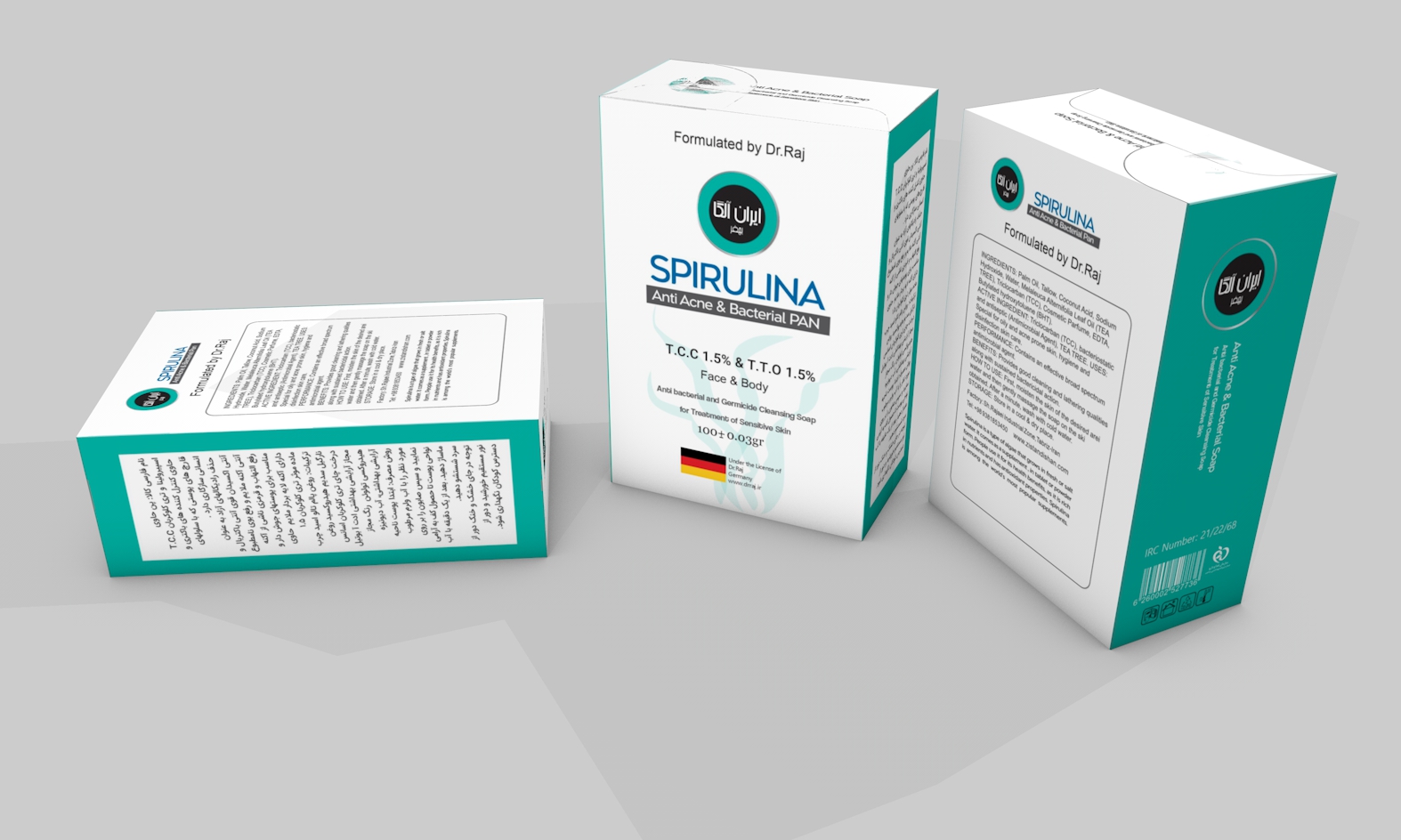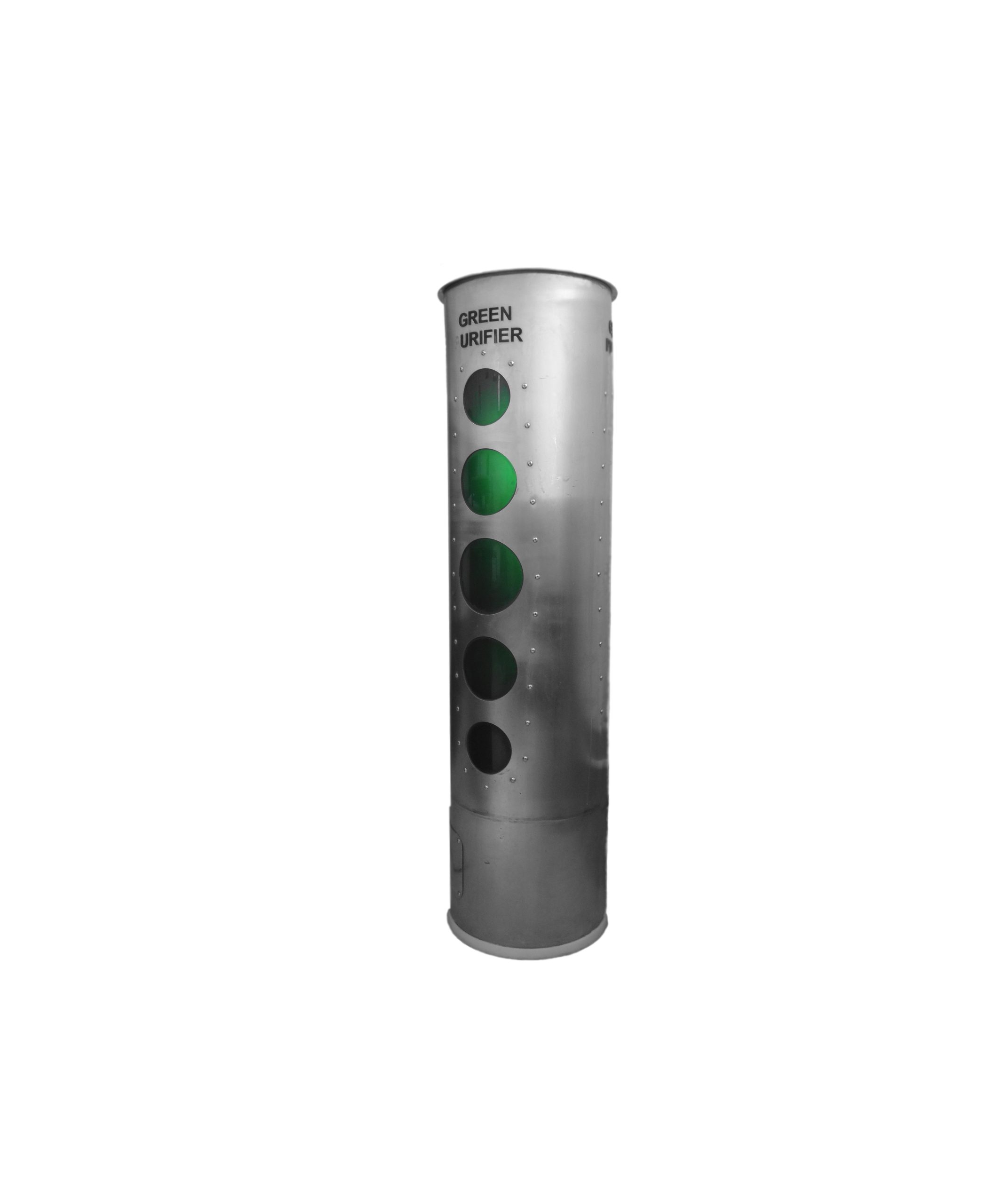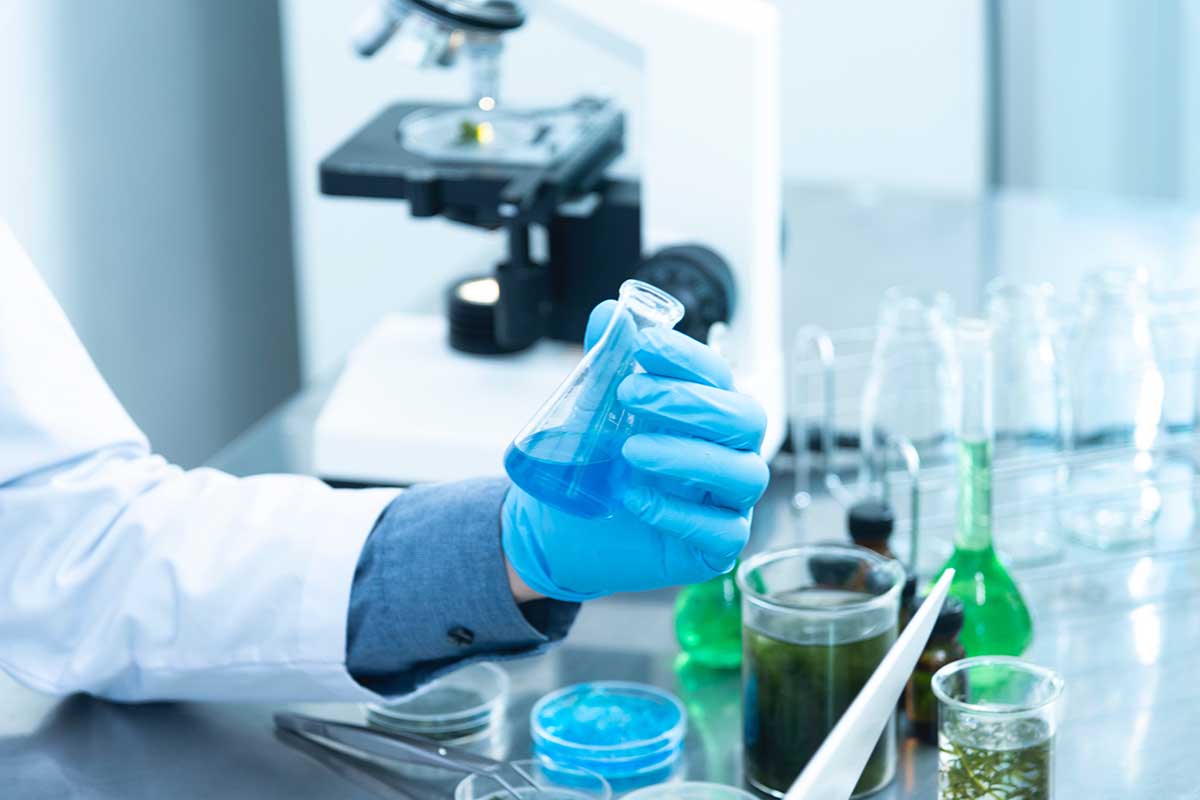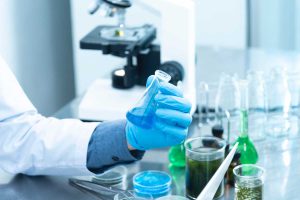
Beneficial Spirulina:
Studies show that this type of algae, which will soon gain more global fame;
It will prove its usefulness to humanity beyond imagination.
Now we will describe the advantages that have been obtained in the research of many scientists.
Spirulina has many properties:
- This type of supplement includes health benefits.
- It will cause a rapid increase in energy in the body
- It reduces fatigue in the body and improves the endurance of the body
- Improves the immune system
- This type of amazing food algae has a very positive effect on the heart, liver and kidneys.
- A powerful cleanser that removes toxins from the body and oxygenates the blood.
- Spirulina is also a natural appetite suppressant
- It helps to improve the body’s digestive system.
- It has very strong antioxidant properties
- It helps balance the body’s PH and thus reduces inflammation in the body.
Application of spirulina algae in cosmetics
Currently, various products based on materials derived from the sea have been marketed for different purposes. These substances have various properties, including anti-aging properties, skin whitening and moisturizing, food supplements, treatment of skin and hair disorders, and ultraviolet rays filter.
Today, extraction of ultraviolet ray absorbing algal compounds and their use in the formulation of sunscreen creams, gels, lotions, as well as dealing with skin wrinkles and skin regeneration is very important.
Algae are a group of organisms that, like plants, make different substances from sunlight, water and carbon dioxide, and in scientific terms they are called phototrophs. Unlike plants, these organisms do not have advanced tissue and differentiated structures, and they range from single-cell types with a size of a few micrometers to multicellular types up to a size of more than 50 meters.
Algae do not have real tissues such as roots, leaves and stems, and what can be seen in seaweeds are actually pseudo-leaves, pseudo-roots and pseudo-stems, which are not considered real organs in terms of tissue structure.
It is estimated that there are more than 300,000 algae strains in the world, but few of these strains have been isolated and identified, and the number of identified strains does not reach more than 10,000.
The amount of reserves of these substances in algae is surprisingly high. For example, an algae can sometimes fill more than 90% of its cell volume with oil and fat, while the amount of oil in oilseeds is much less than this amount.
Our skin needs seaweed nutrients such as beta-carotene, potassium, zinc and iodine. Some health care company owners say: “Because seaweed does not have a root system, it takes nutrients directly from the ocean, and therefore these nutrients are much more powerful than those obtained from terrestrial and rooted plants.
Positive feedback
Other creative projects





